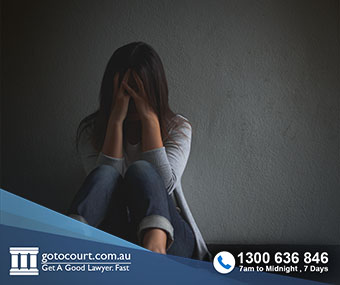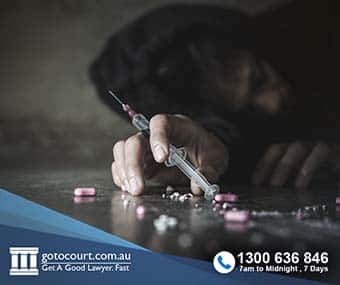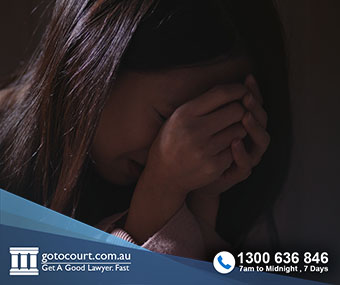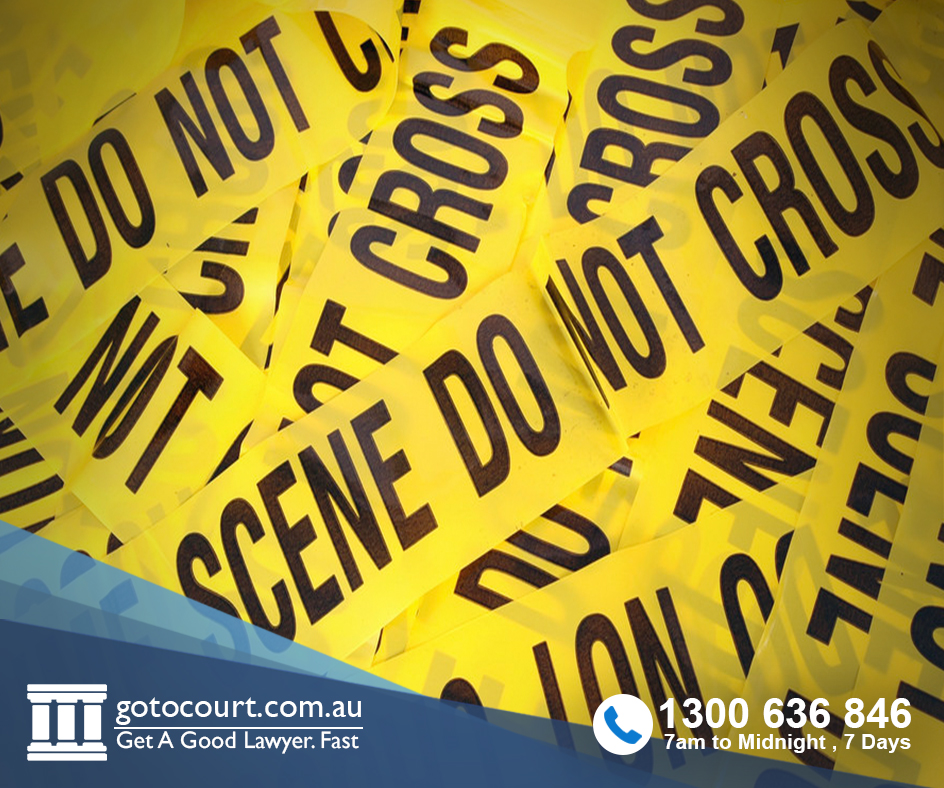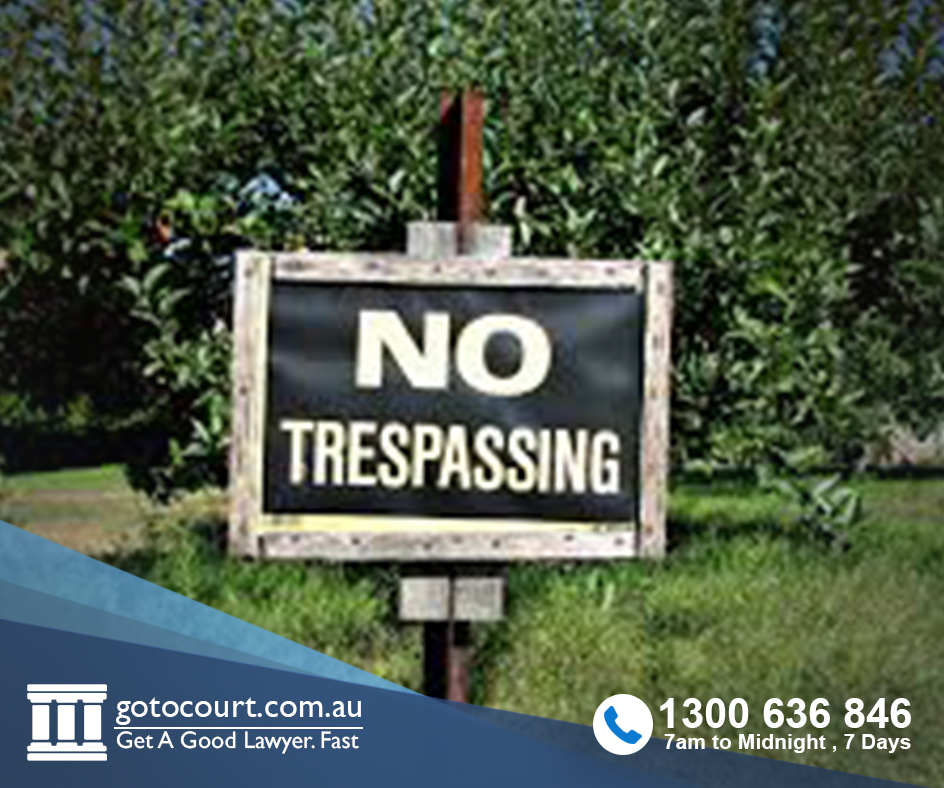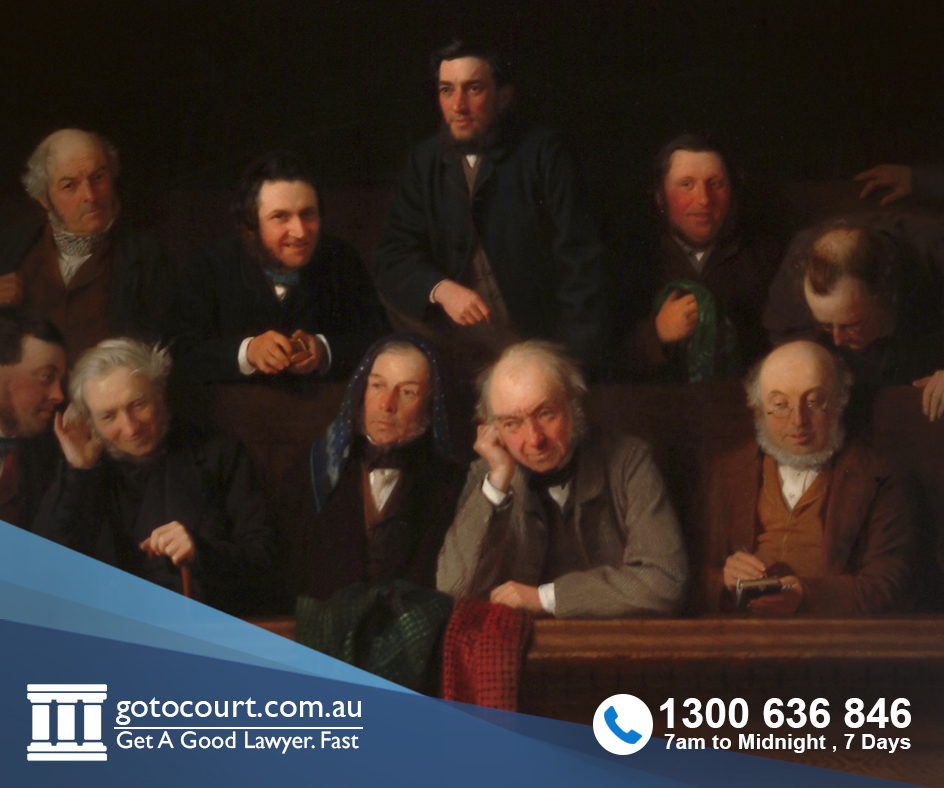Criminal Law ACT
Criminal Lawyers in the Australian Capital Territory
Criminal law ACT classifies all offences as either a summary offence, or an indictable offence. Summary offences are dealt with in the Magistrates Court and relate to offences that carry a maximum of two years imprisonment or less. The ACT Magistrates Court also hears matters relating to Commonwealth offences with a maximum of less than one year imprisonment, while more serious offences, known as indictable offences, are heard firstly in the Magistrates Court, and then transferred to the Supreme Court.
Before an indictable offence is transferred to the Supreme Court, the Magistrates Court assesses the evidence produced by the prosecution. The Magistrate will then decide if there is sufficient evidence to proceed to the Supreme Court, if there is insufficient evidence then the charges will be dismissed.
Unlike other states there is no middle court such as a District, or County Court, in the ACT.
Criminal Charges in the ACT
If you are arrested, and charged, by the police you will receive a charge sheet outlining the alleged offence. Depending on the offence, and past criminal history, you will either be released on bail, or held in custody, and taken before the Magistrates Court to apply for bail. In some instances you may not be arrested but sent a summons requiring you to appear at the Magistrates Court at a later date. If you fail to appear a warrant will be issued for your arrest. You will also be provided with a Statement of Facts which outline the facts the police tend to rely on to prove the offence. It is important to review the Statement of Facts prior to entering a plea. If you plead guilty the matter can be dealt with straight away, and a sentence imposed. If it is an indictable offence the Magistrate may refer the sentencing of the matter to the Supreme Court. If you plead not guilty you will be required to participate in a Case Management Hearing with the prosecutor to discuss the case, prior to a hearing date being set. This provides offenders with the opportunity to change their plea to guilty after going through the evidence and the matter in more detail with the prosecutor.
Penalties and Sentencing in the ACT
The purpose of sentencing an offender is to deter the offender and others of committing a similar offence, to protect the community, to make the offender accountable for their actions, and to recognise the harm done to the victim and the community. However, there are considerations that the Court needs to take into consideration when determining a suitable penalty. These include the nature and circumstances of the offence, if the offence forms part of a course of conduct, the personal circumstances of the offender, the effect of the offence on the victim, and if there were personal circumstances of the victim that where known to the offender. Types of penalties that can be imposed include fines, good behaviour order, reparation order for any damages or loss, deferred sentence order, periodic detention, and imprisonment. The good behaviour orders can include community service, or participation in a rehabilitation program. If it is your first offence you also may be able to apply for a spent conviction. This means that while you were charged, and found guilty of the offence, no conviction has been recorded against you.
The Criminal Law ACT Court of Appeal
The ACT Court of Appeal is an arm of the Supreme Court. Prior to the creation of the Court of Appeal in 2002, all Appeals in the ACT where heard in the Federal Court of Australia. Decisions on an appeal are decided by three Judges. The Court only sits for two weeks in February, May, August and November of each year. An appeal must be filed within 28 days of the sentence being imposed and can relate to either the conviction, or the severity of the sentence. When you file the appeal you will be given a date to file the appeal index. This lists all the documents which will be included in the Appeal Book. While you can represent yourself at an appeal it is recommended that you seek legal advice, and assistance, especially in settling the Appeal Book. You will also need to get any transcripts available from the original proceedings.
Criminal Law ACT Legislation
Criminal Law offences in the ACT are outlined in the Crimes Act 1900, while the sentencing requirements are contained within the Crimes (Sentencing) Act 2005. The eligible offences, and requirements of a spent conviction, are governed by the Spent Convictions Act 2000. The Bail Act 1992 explains which offences have presumption of bail, and which must have bail refused. It also outlines the requirements of obtaining bail and the sureties that will need to be posted. The procedures and jurisdiction for criminal matters to be heard in the Magistrates Court is governed by the Magistrates Court Act 1930. The Supreme Court, and Court of Appeal, procedures and rules are outlined in the Supreme Court Act 1933.
Recommended Resources
Australian Capital Territory Criminal Law Resources
Breach of Bail Conditions in ACT


